Monday 29 March 2021 3:50pm
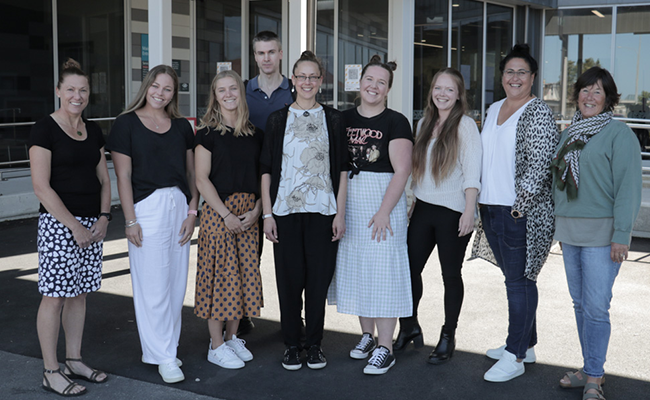
Sue Donaldson, Deputy Leader of the West Coast programme with students Lucy Rowe (Dietician), Amanda Cotterrell (Physiotherapy), Josh Levin (Nursing), Kimberley McAuley (Medical), Anna Watkins (Oral Therapist) and Rois Gracia (Nursing), Programme Coordinator Megan Tahapeehi and Programme Leader Dr Fiona Doolan-Noble.
“The course provides them with many opportunities to improve their interprofessional competencies, including their communication skills, their understanding of their own and others’ roles and responsibilities, their teamwork skills - and to work towards shared decision making in patient care.”
The first group of students have arrived in Greymouth to start a new University of Otago interprofessional programme funded by the Ministry of Health.
About 50 senior students training in a wide range of health professions will complete the five-week programme each year, learning about each other’s roles while gaining clinical experience in their own professions.
The students are in their final year of study for professional degrees in dentistry, dietetics, medicine, nursing, occupational therapy, oral health, pharmacy, physiotherapy and social work at the University of Otago, Otago Polytechnic, the Ara Institute of Canterbury and NMIT, the Nelson Marlborough Institute of Technology.
They are based at a new learning hub, Te Whare Ako in the grounds of Te Nīkau Hospital & Health Centre and will be on clinical placements in community practices and clinics in Greymouth and Hokitika throughout their stay.
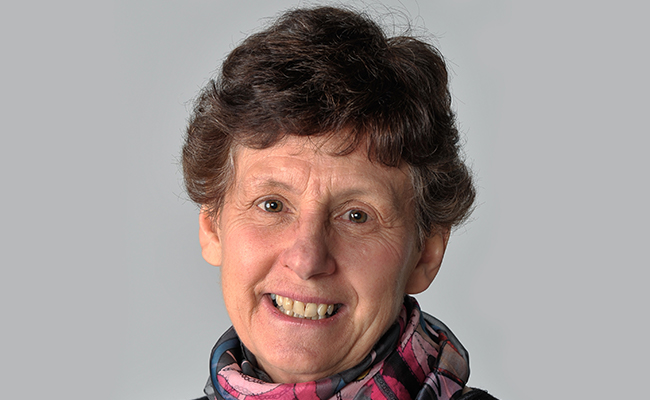
Interprofessional Programme Director Professor Sue Pullon.
Interprofessional Programme Director Professor Sue Pullon, of the University of Otago, Wellington says the students will be supported by clinical supervisors and by three highly qualified local staff – Programme Leader Dr Fiona Doolan-Noble, Deputy Programme Leader Sue Donaldson and Kaiwhakahaere Tari (Programme Coordinator) Megan Tahapeehi.
She says while health students have been going to the West Coast for clinical placements for several years, this is the first time most will have participated in an integrated interprofessional programme which fully incorporates Hauora Māori, celebrates rural health practice and focuses on the management of people with long-term chronic conditions.
The West Coast training programme is modelled on the University’s Tairāwhiti Interprofessional Education programme, which is funded by the Ministry of Health, and has been running in Gisborne and Wairoa since 2012.
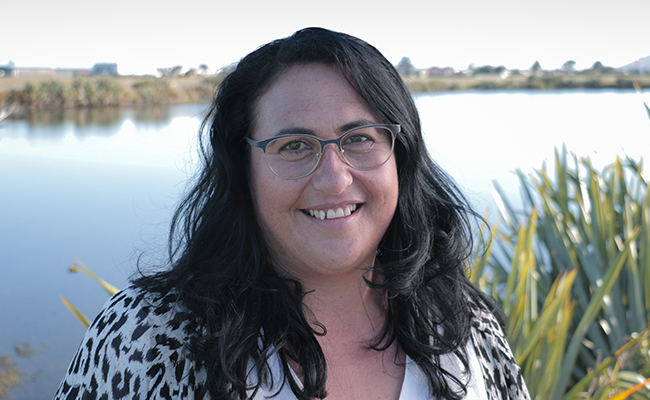
Kaiwhakahaere Tari (Programme Coordinator) Megan Tahapeehi.
In both programmes, the students live in shared accommodation, learning in clinics and shared activities, while being based in and helping the community. The programmes are designed to promote better teamwork in health and social care, something which is critical to providing high-quality patient and client care, particularly for those who have complex and chronic conditions.
Professor Pullon says the success of the Tairāwhiti programme and the need for more students to participate led to the decision to extend the programme to Greymouth and Hokitika.
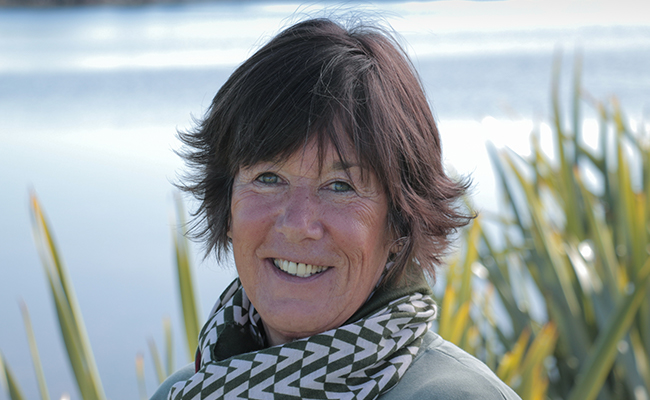
Programme Leader Dr Fiona Doolan-Noble.
The first group of six students arrived in Greymouth in late February, with a second larger group scheduled to start the training programme in mid-April.
She says the students learn a lot about themselves and their peers, and about other health professions, while having the opportunity to practice under supervision.
“The course provides them with many opportunities to improve their interprofessional competencies, including their communication skills, their understanding of their own and others’ roles and responsibilities, their teamwork skills - and to work towards shared decision making in patient care.”
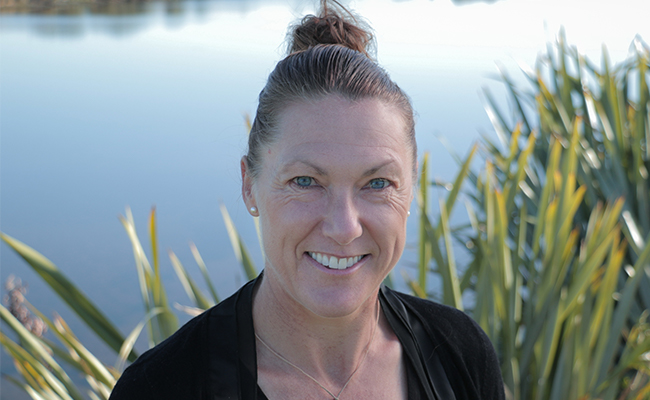
Deputy Programme Leader Sue Donaldson.
Professor Pullon says the programme also aims to be socially accountable to the community.
“The students undertake projects in small interdisciplinary groups for organisations in the community – often producing a community education resource.”
In the longer term, the programme aims to increase the number of students who return to the area as young health professionals.
